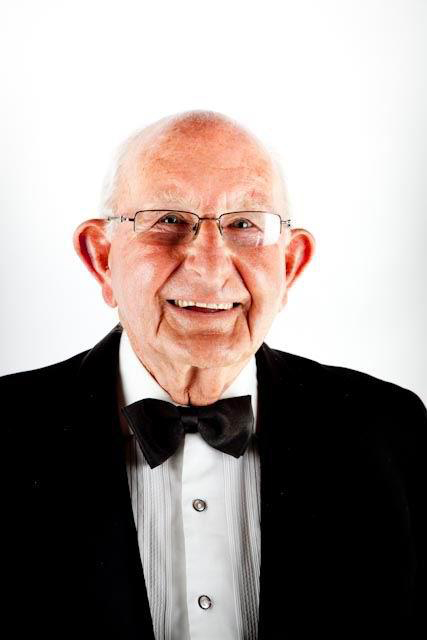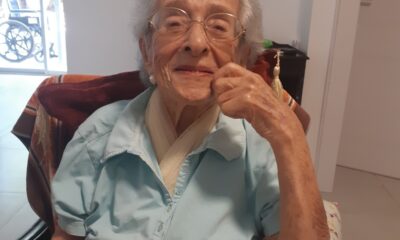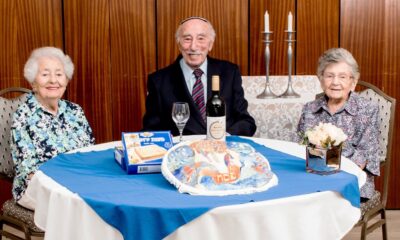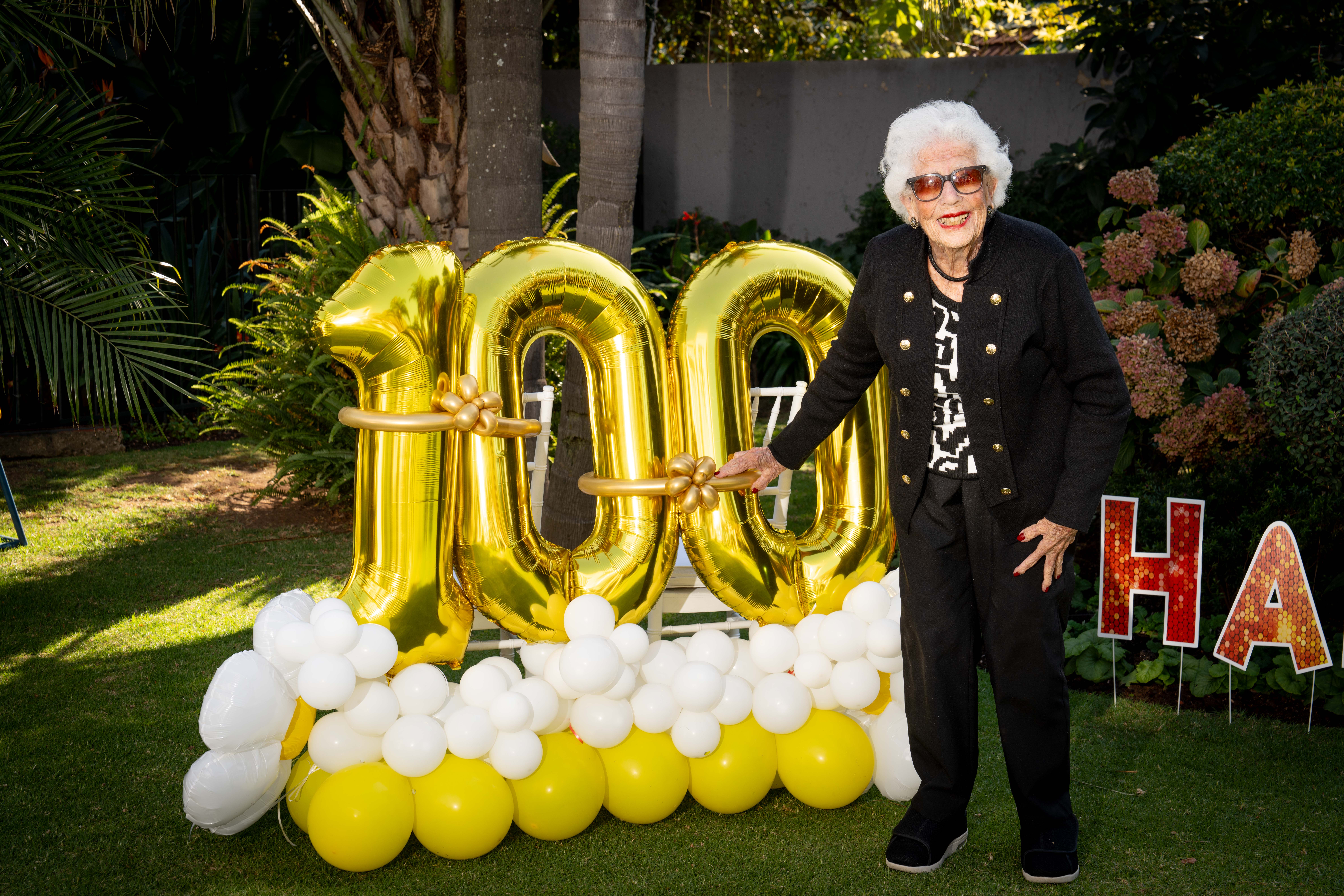
Featured Item

Cheers to 100-year-old who sees glass half full
Herman Rothenberg, who turns 100 on 15 February, escaped the Holocaust in Germany in 1934 when his parents sent him out the country on his own as a part of the Kindertransport rescue effort.
He was just 13 when he left his parents in Frankfurt and headed to the United States (US).
Rothenberg’s parents sent him out of the country following several ugly incidents in the country. On one occasion, he witnessed a demonstration at the Bahnhofsplatz outside Frankfurt, with people yelling “Sig Heil”. He wasn’t meant to be there, and got into trouble with his parents for going.
After a long sea voyage, Rothenberg got to Ellis Island in New York and says, “the g-ds smiled on him” when distant family in Cincinnati fostered him.
His journey didn’t end there. After a few years at Walnut Hills High School in 1939, he left for South Africa to join his parents, who had relocated there.
He intended to return to the US, but at the age of 18, was conscripted into the army, where he served in Italy and Egypt and was discharged at the end of the war, with shell shock, in 1945.
Rothenberg has always been a radio enthusiast, becoming an electronics engineer and starting numerous technology-related companies.
There were numerous “firsts” in his career, including being the first company to bring microwave ovens to the country (for use in hospitals), and the first to do underfloor heating in South Africa.
He was also the first public passenger of the Gautrain in 2010, when it opened just before the FIFA World Cup.
“He wanted to be the first on the train. He was 89,” his daughter, Joan, remembers. “My son, Larry, picked him up at 04:00, and they went to wait at Sandton Station. It was a freezing morning, and they were the very first passengers. He made international news.”
Rothenberg attended a few World Cup soccer matches at the age of 90. He bought his last car, a Honda, at the age of 98. Joan was horrified, she says, because she wanted him to stop driving.
His adventurous nature included piloting his own light aircraft, which he often flew to Bloemfontein. He once flew Joan back from Durban because she couldn’t face taking the train back.
Rothenberg met his wife, Doris Speyer, playing table tennis at Temple Israel. They have been married for 73 years.
They both loved playing tennis, and Rothenberg has always loved music and books – though he reads only nonfiction. Being a Holocaust refugee, he has had a lifelong obsession with Holocaust literature. Last year, he donated his huge Holocaust library to the Johannesburg Holocaust & Genocide Centre, including some titles not seen in South Africa before.
Rothenberg says he has “reason to be satisfied” with his life so far. Joan says: “He supplied all our needs, and is the most outstanding role model for my two sons.”
Retirement hasn’t slowed him down much. “He has an iPad and an iPhone, and he Skypes us twice a day and uses WhatsApp and Zoom,” Joan says. “You can’t tell him anything – he already knows it all.”
“He’s very disciplined,” she says. “He never stops halfway, but he’s also someone who always sees the glass half full.”









